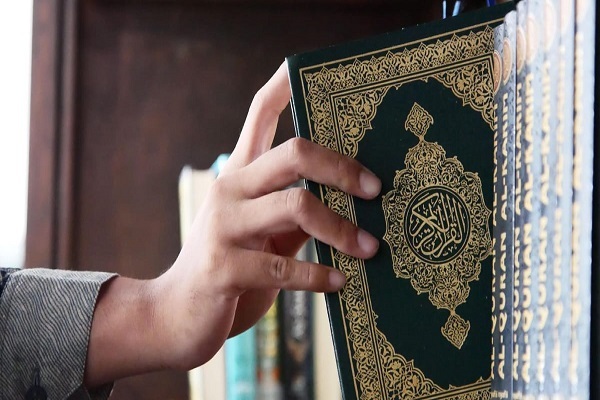Quranic Basis of Cooperation

Without a doubt, in every society there are needy individuals who either do not have the ability to work and strive or whose income is not enough to cover all their expenses. These individuals’ needs should be met to the extent possible and acceptable.
From the perspective of Islam, property and wealth essentially belong to society, because God has entrusted His caliphate on earth and the stewardship of property to humans.
The Holy Quran, referring to the vicegerent ownership of man, commands spending. For example, at one point it orders to spend from that over which God has made people successors:
“… and spend (in charity) of that which He has made you successors.” (Verse 7 of Surah Al-Hadid)
“Give them money out of God’s property which He has given to you.” (Verse 33 of Surah An-Noor)
The Holy Quran introduces the pious, who were the true successors of God, as follows: “And in their wealth was a share for whosoever asked and for whosoever was prevented.” (Verse 19 of Surah Adh-Dhariyat)
This clearly proves the necessity of cooperation and mutual assistance in society. Thus, the rich are the trustees of God over wealth, and wealth is a deposit and trust with them, which they must act in accordance with the requirements of trust and trustworthiness.
Imam Sadiq (AS) said: “Do you think that God has given wealth to some because He honors them, and that He has not given wealth to some because He despises them? It is never like this. Wealth belongs to God; He entrusts it to individuals and allows them to eat, drink, wear clothing, marry, have a vehicle, visit and support poor believers, and compensate for their distress and distress.”
Read More:
Therefore, property and wealth essentially belong to society, and each member of society who uses them has the right to use them if he has fulfilled his fiduciary duty and taken into account the rights of the disadvantaged in society, otherwise he does not have this right.


